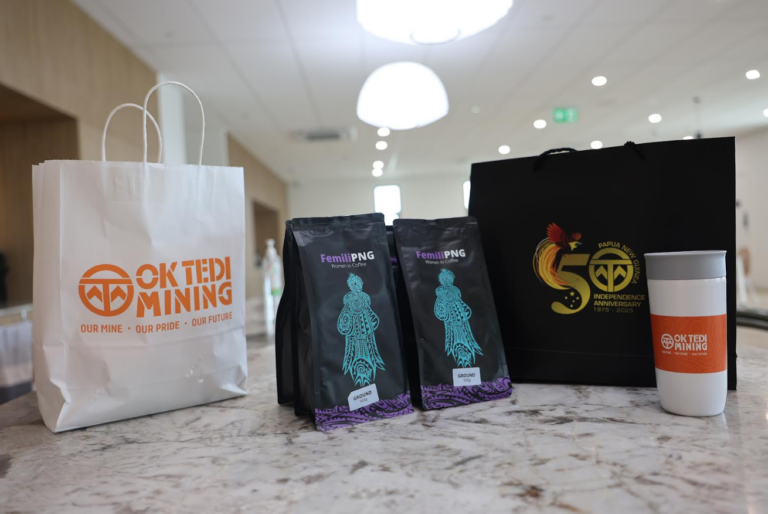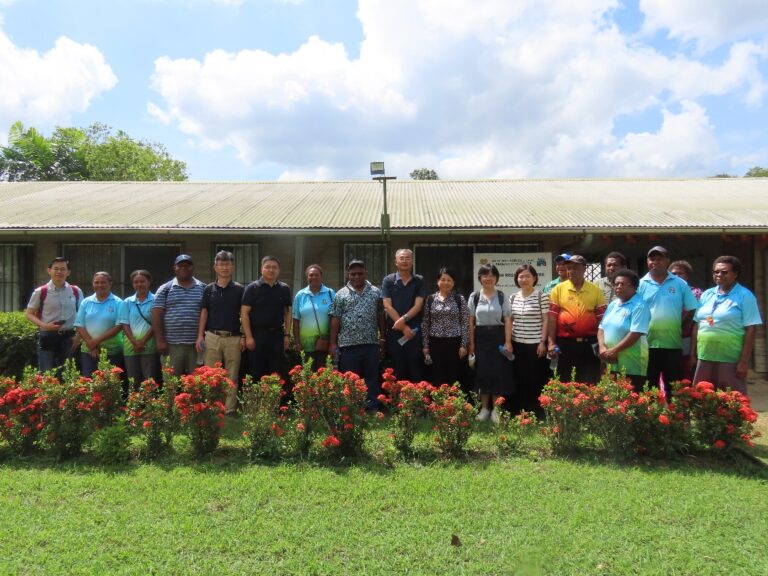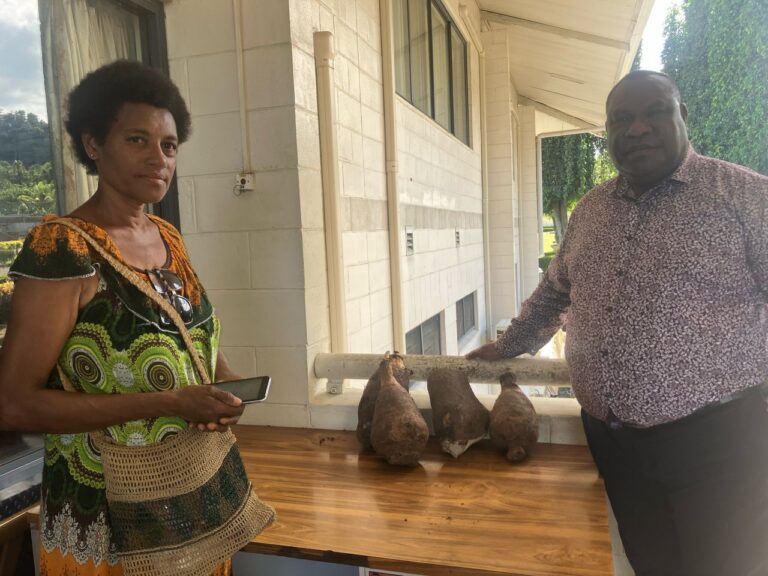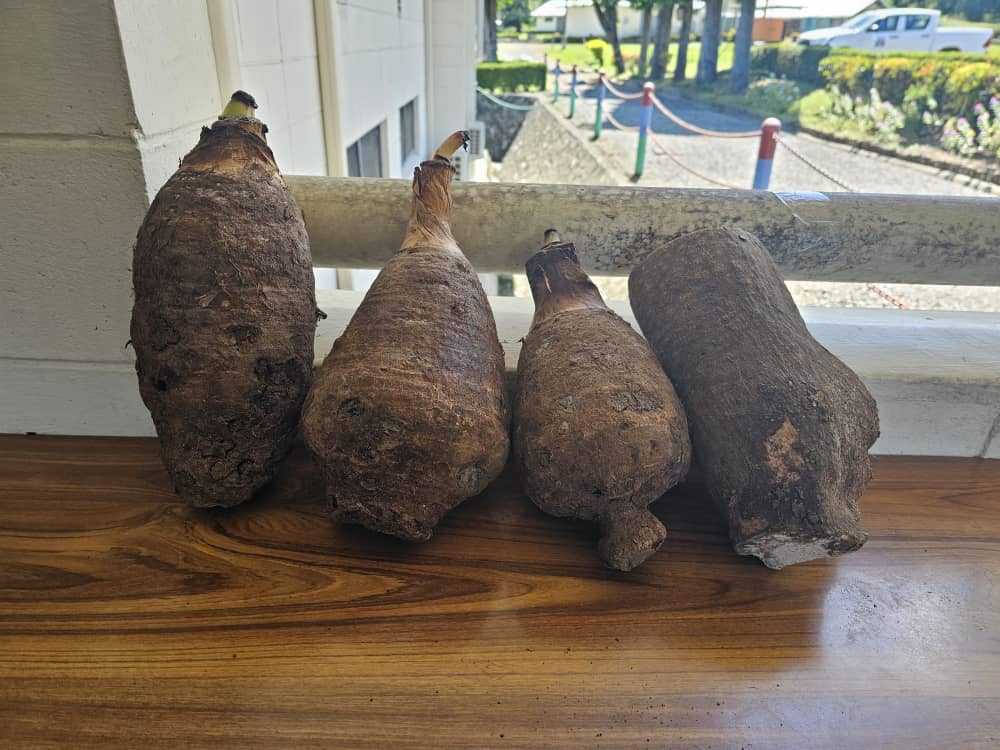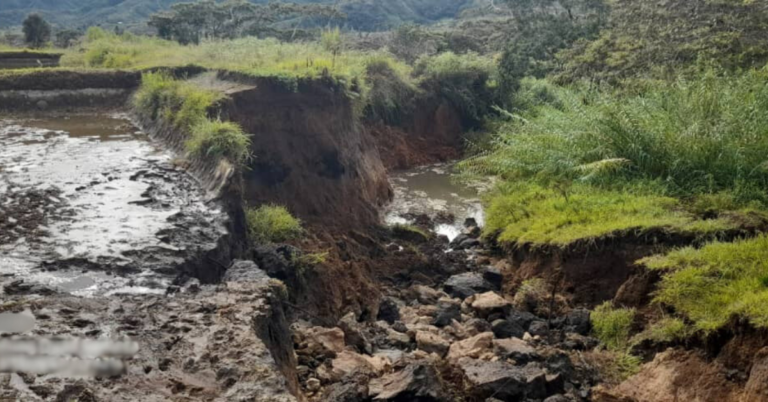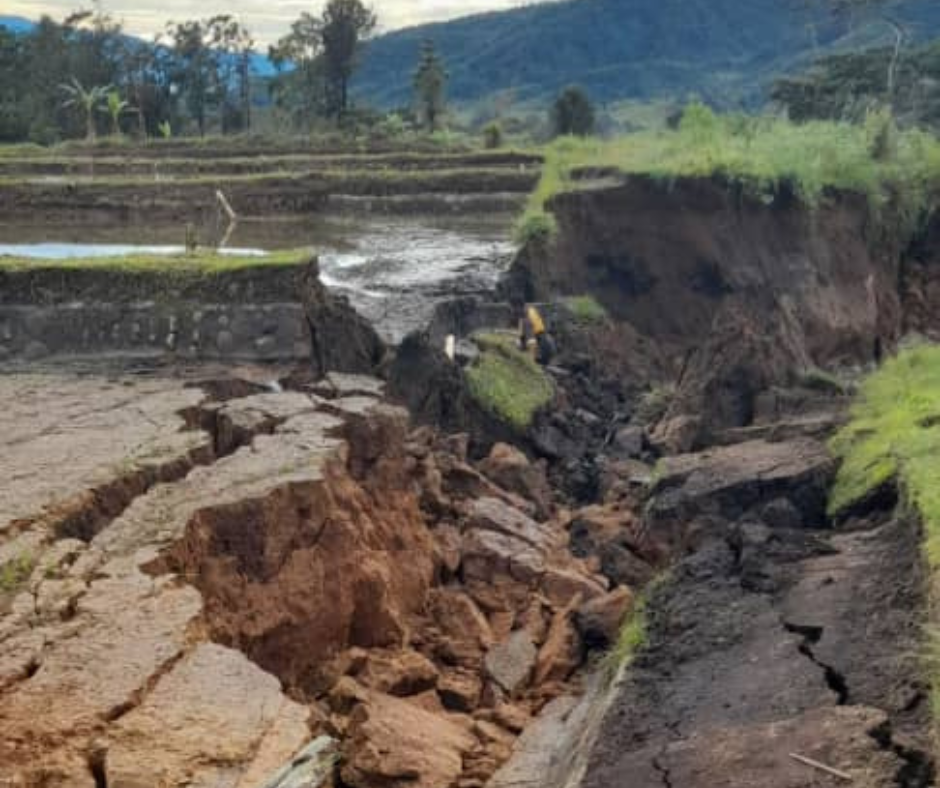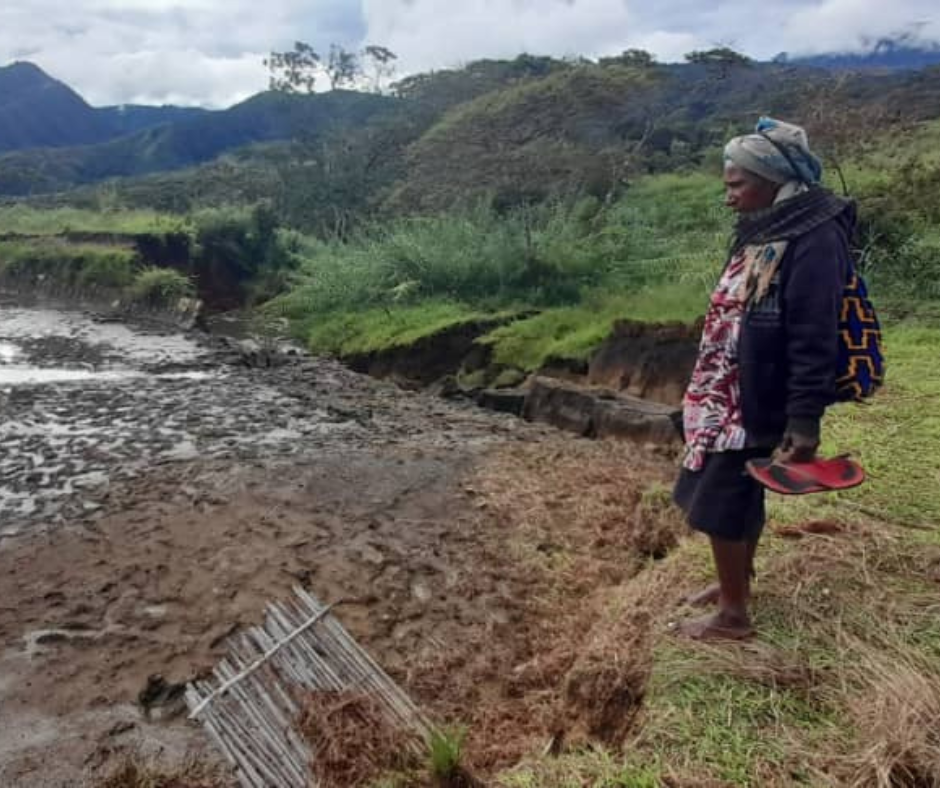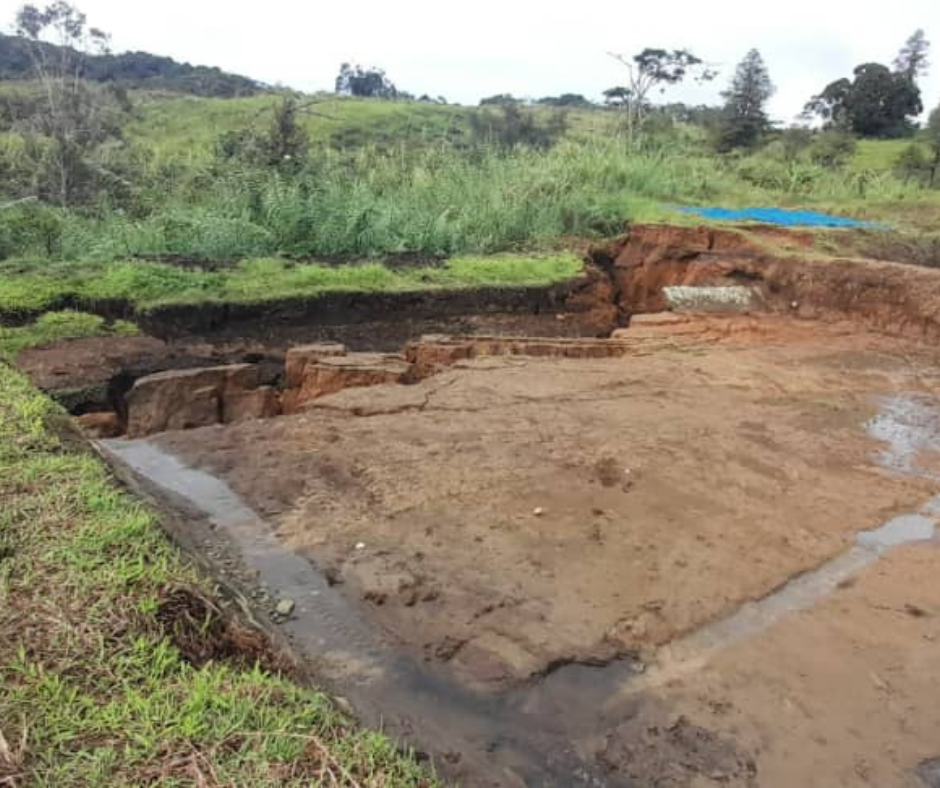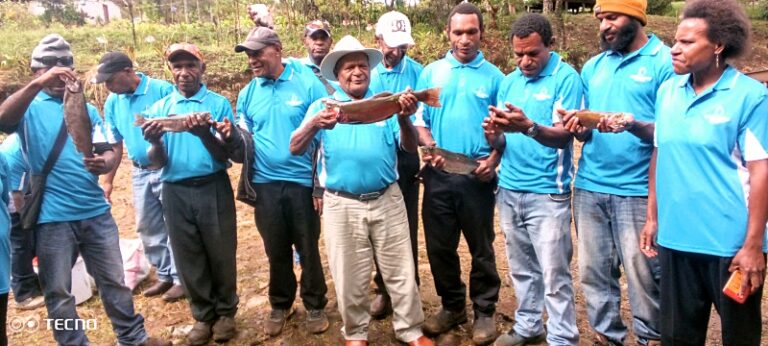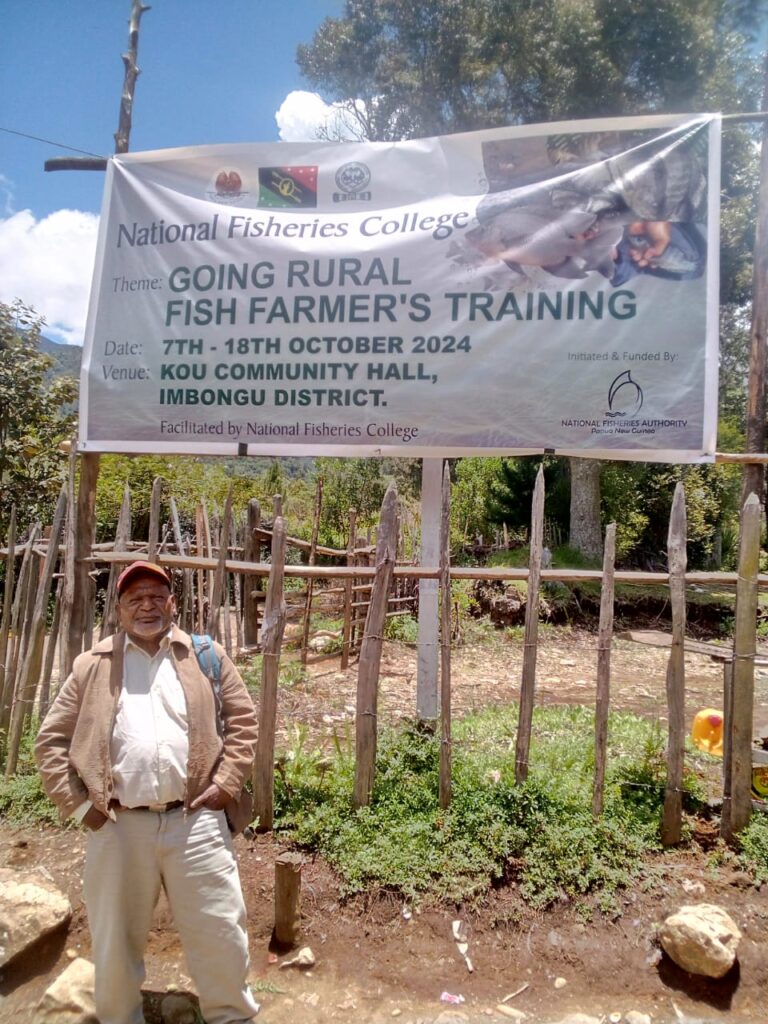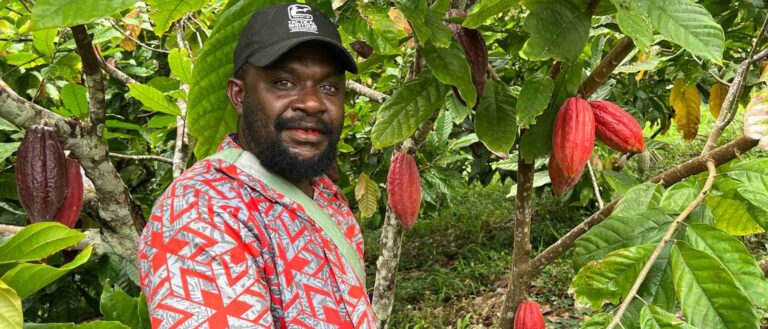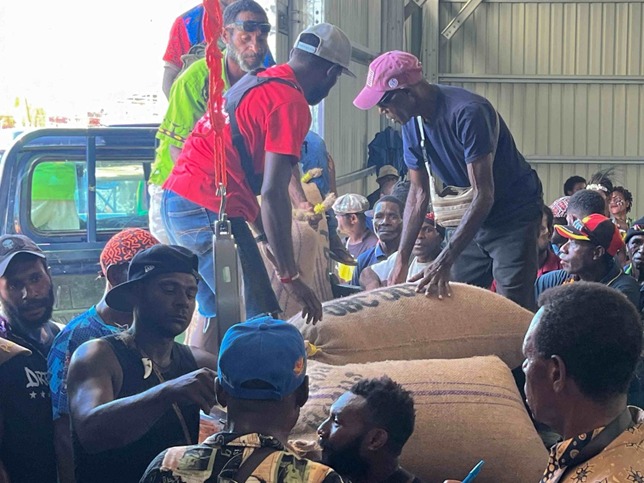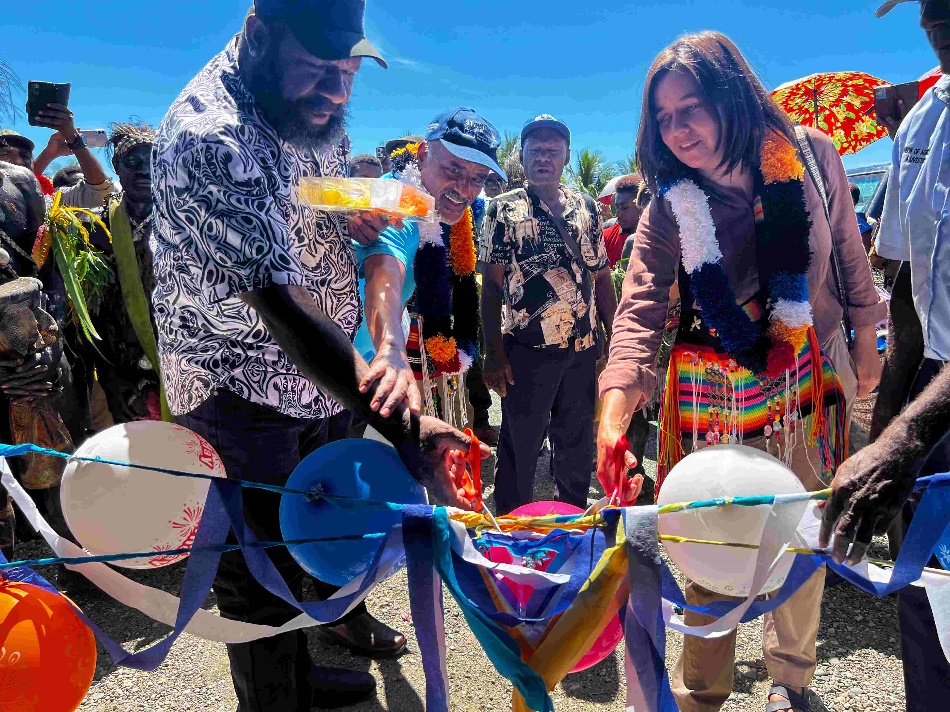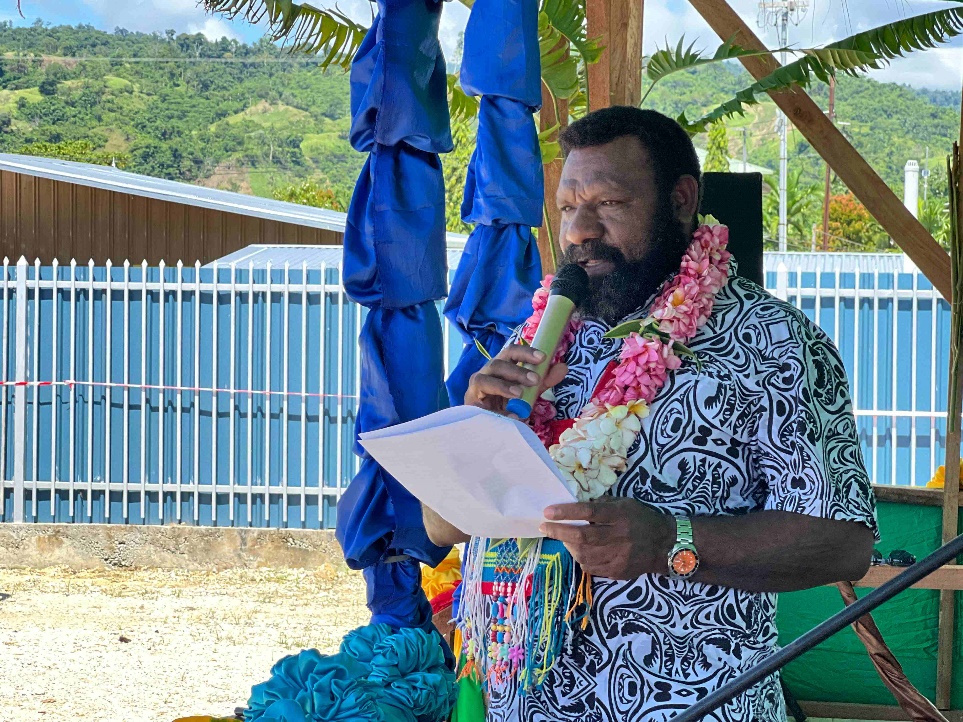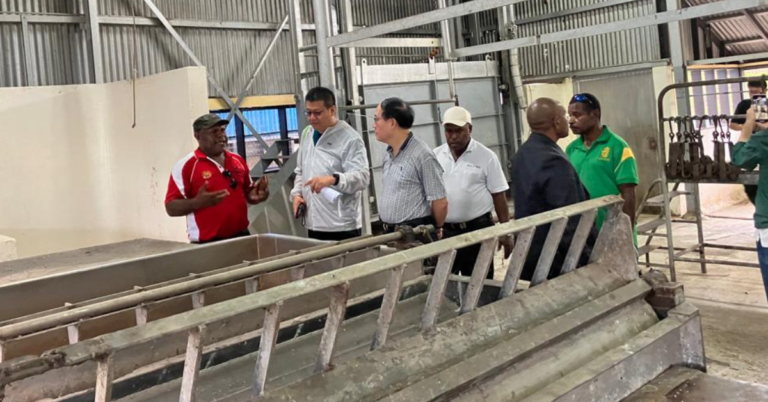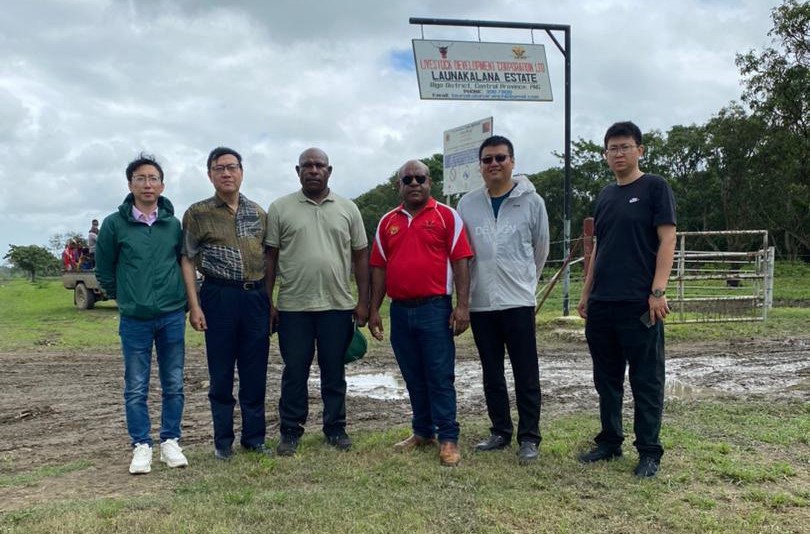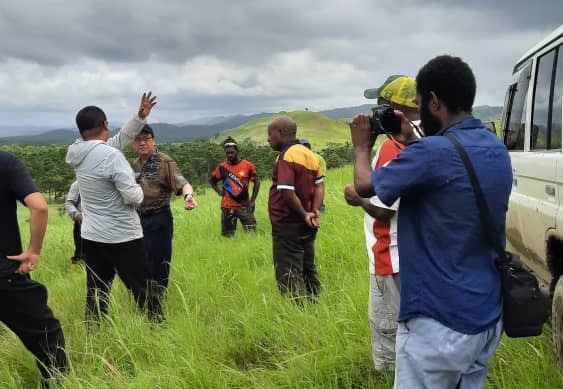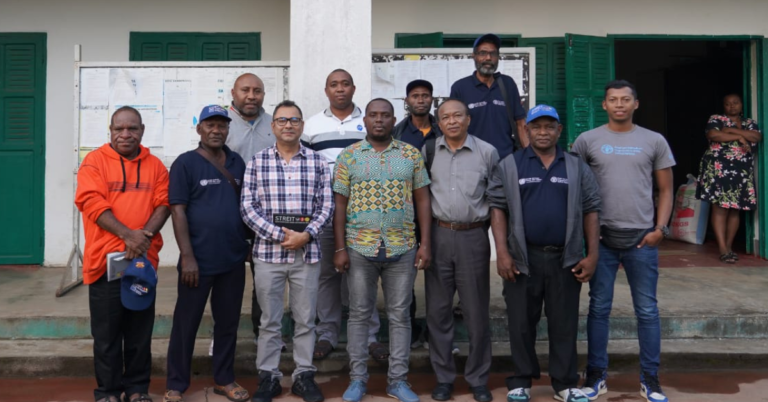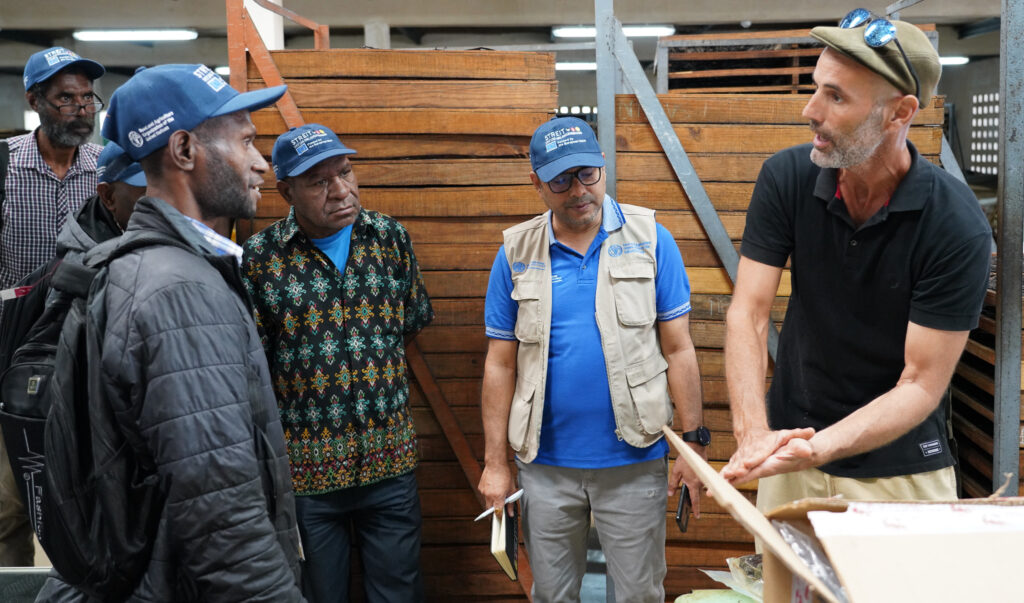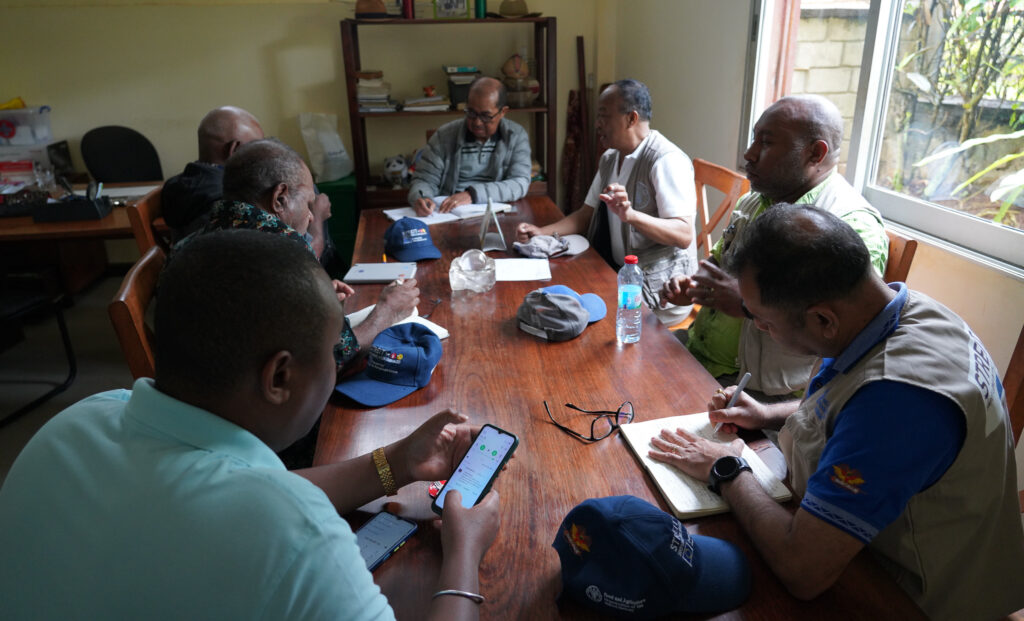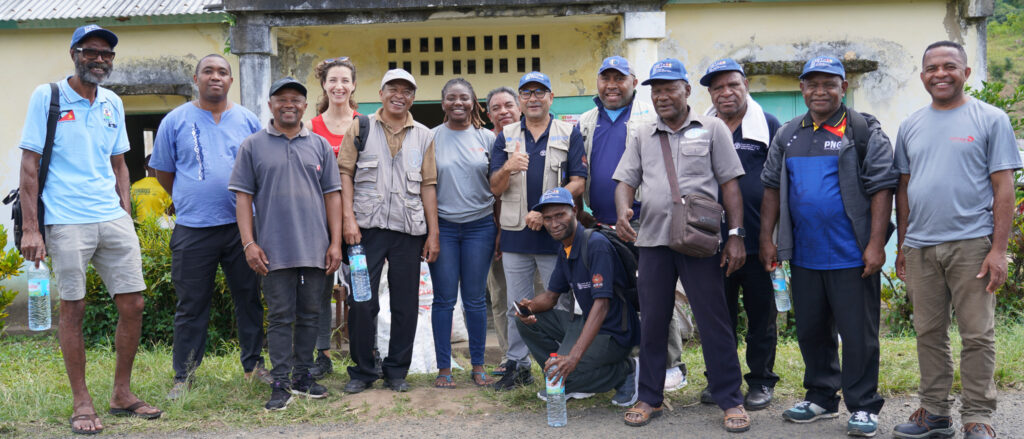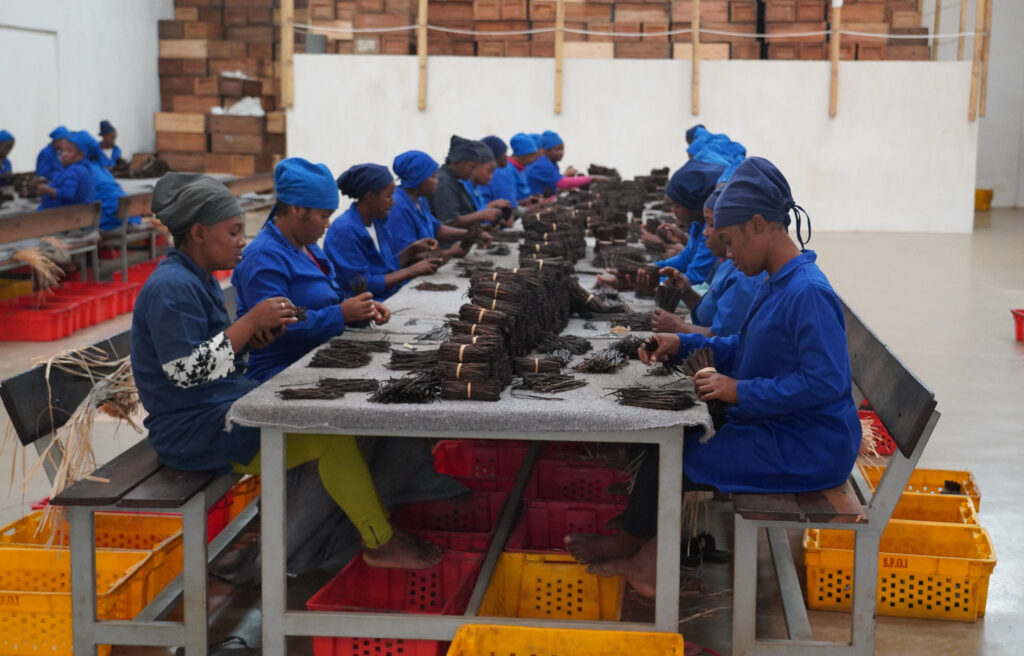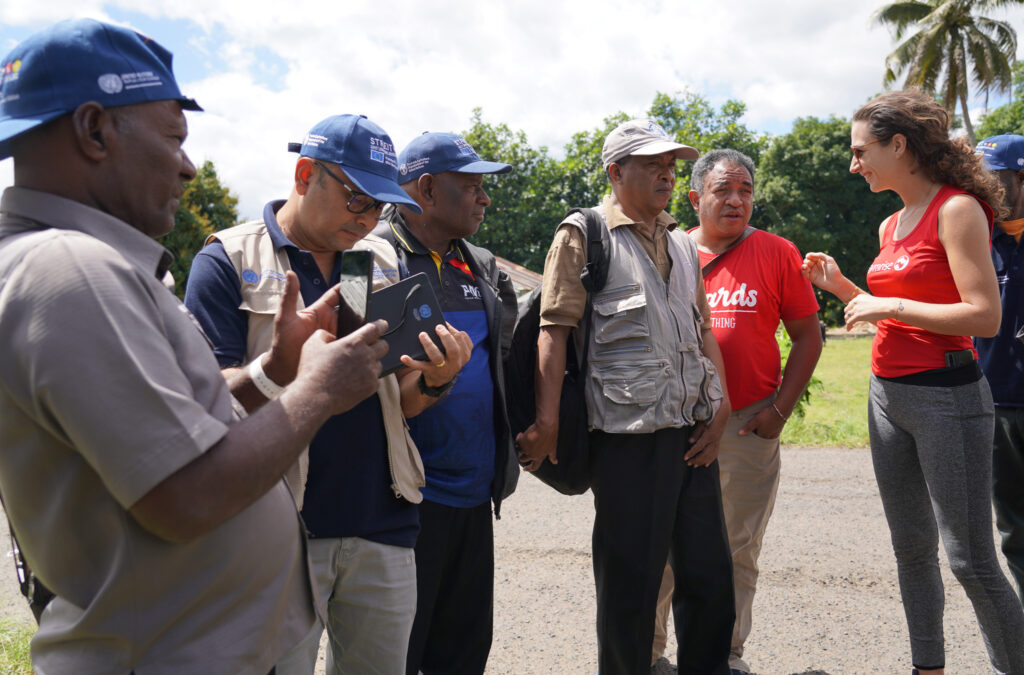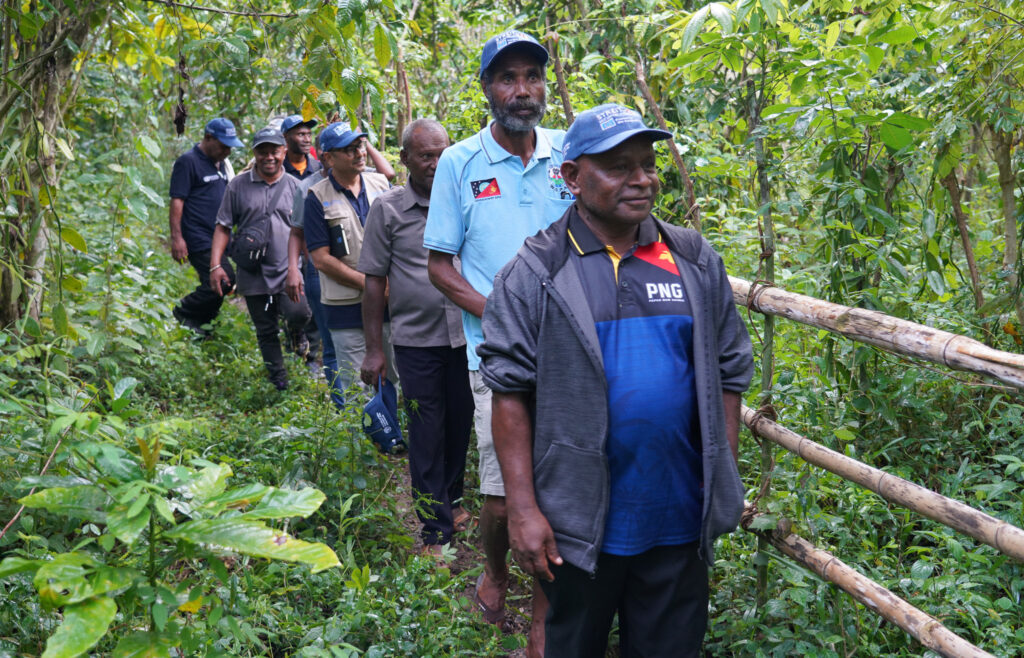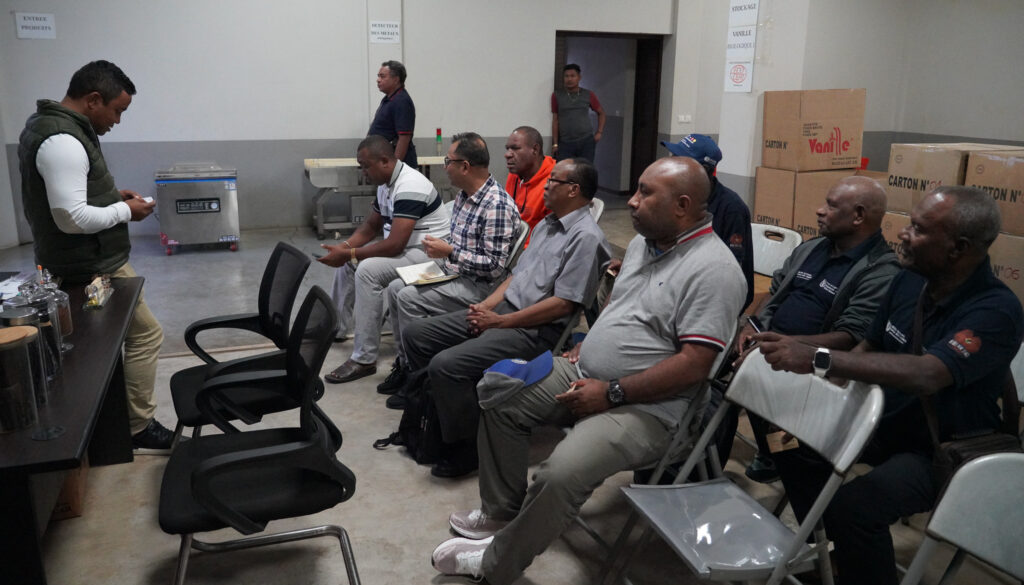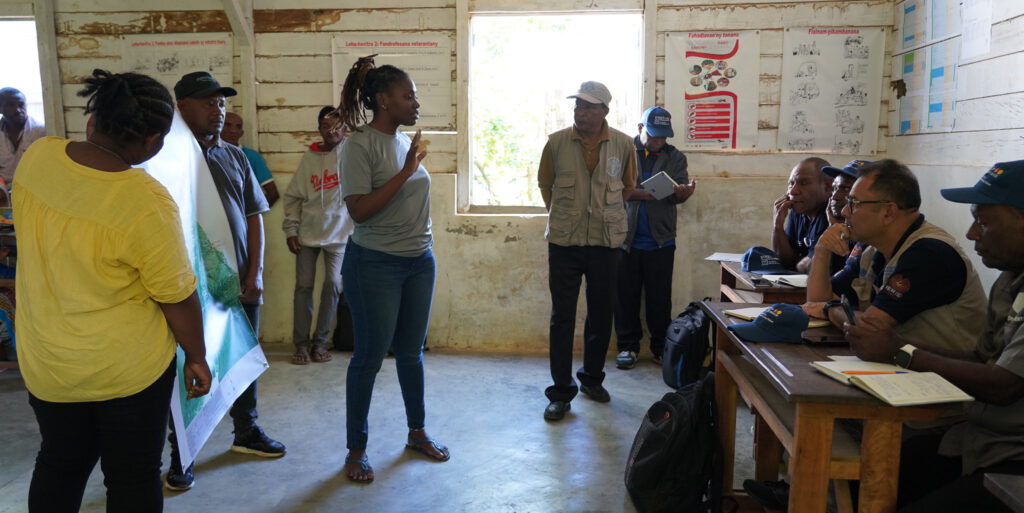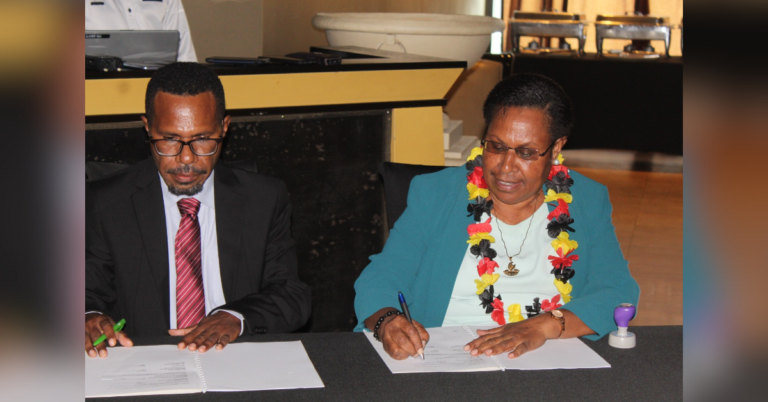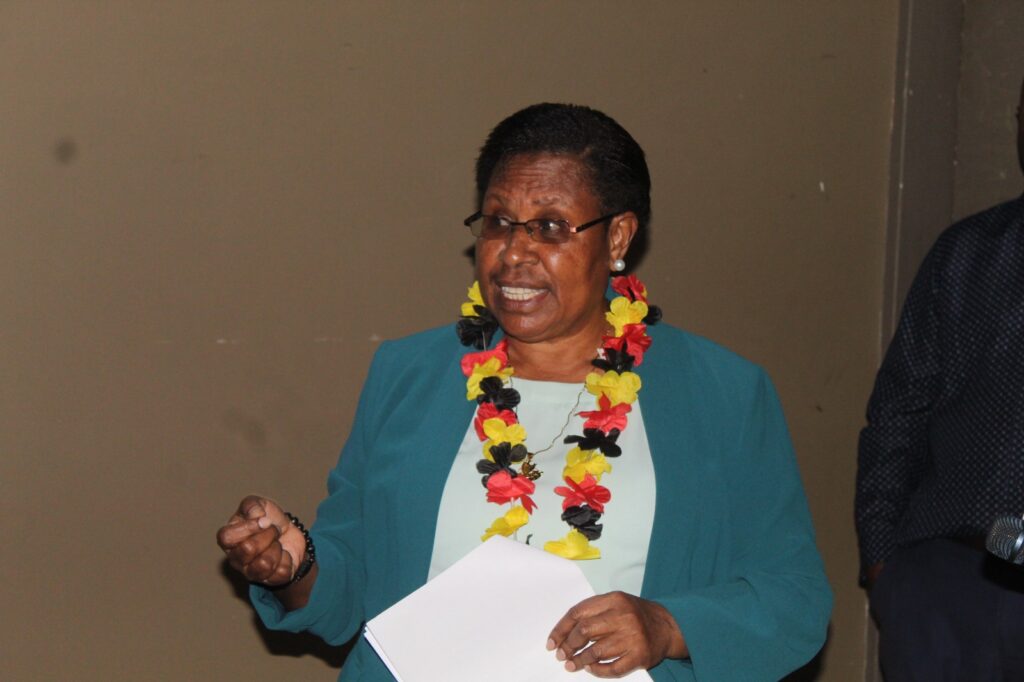In a move to bridge corporate social responsibility with grassroots advocacy, Ok Tedi Mining Limited (OTML) has announced a new partnership with Femili PNG to combat the ongoing crisis of domestic and family violence in Papua New Guinea.
The mining giant utilized the high-profile stage of the recent PNG Investment Week conference in Sydney to spotlight the cause. Rather than traditional corporate branding, Ok Tedi purchased and distributed Femili PNG’s specialty coffee, sourced from the Western Highlands as complimentary gifts to international delegates.
The initiative serves a dual purpose to promote premium PNG exports while directly funding essential services for survivors of gender-based violence.
The collaboration comes at a critical time for PNG, where domestic violence remains a systemic challenge. According to Ok Tedi representatives, the partnership is intended to be more than just a donation; it is a public-facing commitment to community safety.
“Domestic violence continues to affect far too many families in Papua New Guinea, and we all have a responsibility to be part of the solution,’’ said Ruth Waram, Ok Tedi’s Manager for Media and Public Relations.
Waram emphasized that the coffee purchase was a strategic choice to amplify Femili PNG’s mission.
“Our purchase of these coffee packs is more than a gesture, it is a statement of solidarity and a commitment towards promoting safer, stronger communities across PNG,” she added.
Femili PNG, a leading non-governmental organization, operates on the front lines of the crisis. Proceeds from their coffee sales are funnelled directly into:
- Case management services for survivors.
- Safe accommodation and emergency housing.
- Outreach and advocacy programs nationwide.
Jocelyn Condon, Executive Director of Femili PNG Australia, noted that corporate backing is vital for the sustainability of these services.
“Funds raised from every purchase of coffee directly supports the services Femili PNG provide to survivors who need safety, care, and a pathway to rebuild their lives,” Condon said.
“Ok Tedi’s support in this initiative, and hopefully into the future, give us all great hope for the potential of business to step forward and resource the movement for positive change.”
Looking Ahead The collaboration at the Sydney conference, hosted by the PNG Chamber of Resources and Energy, marks a growing trend of PNG’s extractives industry engaging with social issues. By integrating a non-profit’s product into a major investment event, Ok Tedi has signalled that the social in ESG (Environmental, Social, and Governance) remains a priority for the company’s operations within the country.

